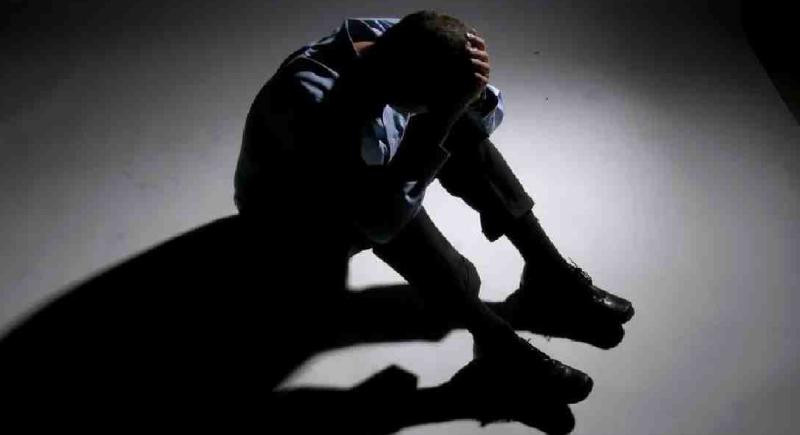At least 20 soldiers, civilians and insurgents were killed and 200 wounded this week in clashes between Indian troops and Kashmiris who had taken to to the streets to protest Indian rule. Stones were hurled at the soldiers, who responded with live rounds and iron pellets.
The big picture: This was the deadliest outbreak of fighting the region has seen this year, but Kashmiris have lived in the heart of the India–Pakistan conflict since the two countries — with Kashmir caught in the middle — split in 1947. Now, they’ve built up more than half a century of distrust, and Kashmir remains one of the most hotly-contested territories in the world.
The radicalization of Kashmir
At partition, India and Pakistan each took a piece of Kashmir, separated by a “Line of Control.” Indian armed forces, stationed on their side of the line, routinely fended off Pakistani militants who crossed over to attack Indian territory, and lives were lost on both sides.
But these recent clashes in Kashmir are different: It’s not Pakistanis, but homegrown Muslim militants who are fighting the Indian army, Vipin Narang of MIT’s Security Studies Program tells Axios.
The global trend of radicalizing Islamist groups is reflected in Kashmir. While the militants’ tactics and demands are becoming more extreme, India is growing more unwilling to make concessions to any Kashmiris — whether political moderates, political separatists or militants, says the Stimson Center’s Sameer Lalwani, who recently spent time in Kashmir.
And decades of fighting in Kashmir coupled with a consistent heavy military presence in the region has made violence the status quo. “Your average 20-something [Kashmiri] sees stone-pelting as a normal form of political expression,” Lalwani says.
The bottom line: “You need some amount peace and quiet for a time for normal politics and economics to take place,” Aparna Pande, a South Asia expert at the Hudson Institute, tells Axios. And Kashmir hasn’t seen that in 70 years.
Where things stand
India is willing to engage in talks with Pakistan about the Kashmir question, but they want discussions of trade and regional ties on the table as well, says Pande.
Pakistan says Kashmir needs to be addressed first and foremost. And neither side trusts that the other will hold up their end of the bargain, she says.
An opinion poll administered by Chatham House in 2010 revealed that the majority of Kashmiris don’t want to be a part of India or Pakistan. “Kashmiri identity cuts across the border,” so one solution is a semi-porous border with some degree of autonomy for the people in the region, says Lalwani.
The worst case scenario is skirmishes in Kashmir eventually escalating to an all-out war between India and Pakistan, both of whom have nuclear weapons.






